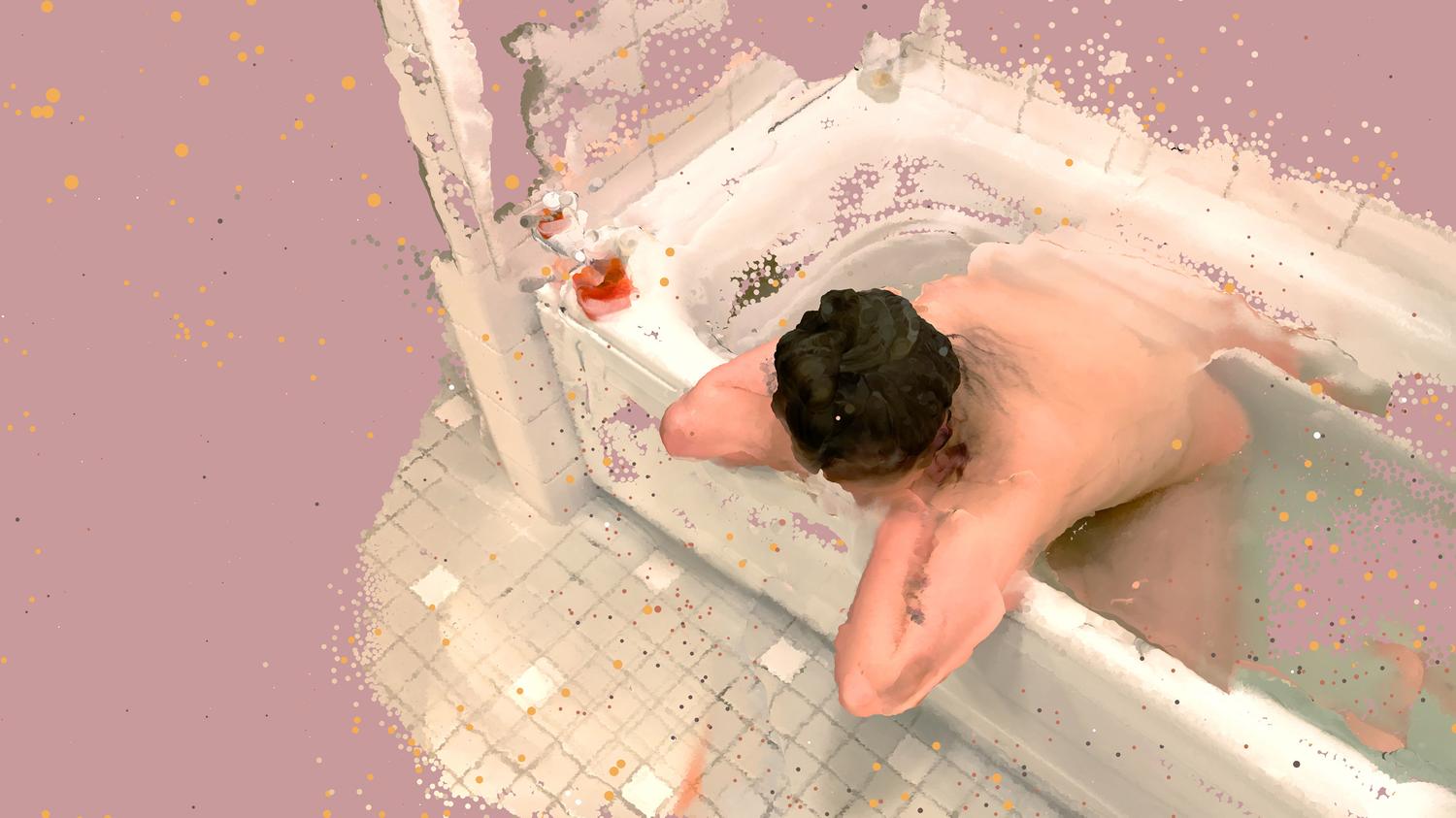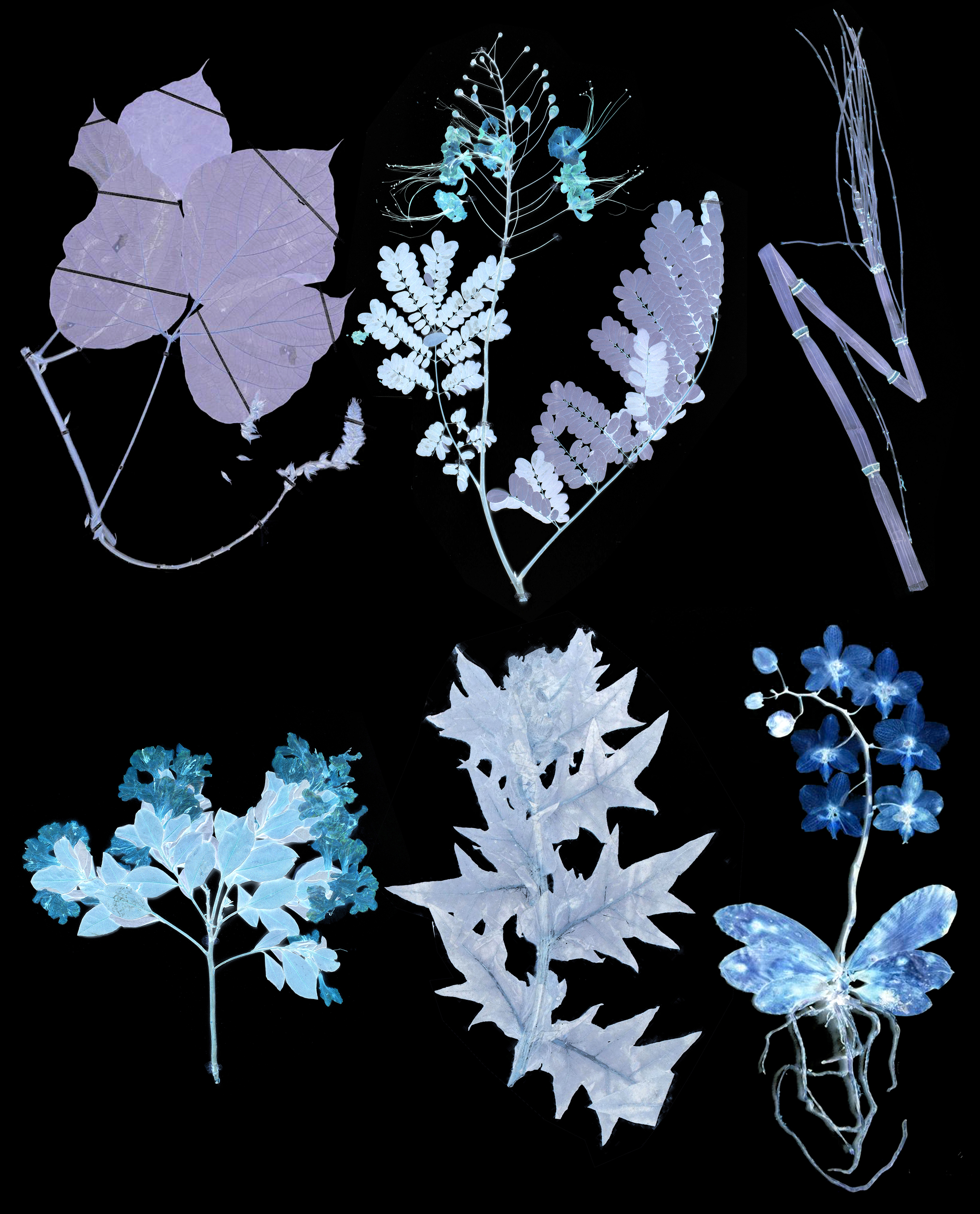INTERIOR ECOLOGIES 2024: Interior Porosities / Porous Interiorities

General info
- Location
-
HEAD – Geneva (HES-SO)
- Partners
-
MAIA, Master of Arts in Interior Architecture, HEAD – Geneva (HES-SO)
- Date
-
December 18-19, 2024
- Typology
-
Symposium, International Online Conference
- Speakers
-
Emma Canton, Lucia Bergamaschi, Pascal M. Dreier & Leoni Fischer, Oya Yeşim Armağan Atacan, Evan Pavka, Angelica Ponzio, Ye Xu and Ana Karina Zepeda, Juan Barcia Mas, Madeline Ruggi, Marie-José Crespo, Inge Meijer, Sawako Bolch, Monja Simon, Nina Corti, Sofia Tapia, David Roder
Interior Ecologies is an international, ongoing online symposium organized by MAIA, Master of Arts in Interior Architecture at HEAD – Genève, and the Institute of Postnatural Studies. The symposium explores the intersection between the built environment and emerging ecologies, examining the impact of digitalization on interior architecture and its relationship to computational ecologies, social media, non-human relations, postnatural territories, video games, and artificial intelligence.


The third edition of the Interior Ecologies conference, organized by MAIA, Master of Arts in Interior Architecture at HEAD – Geneva, and the Institute for Postnatural Studies, will address porosity and interiority as frameworks for contemporary architectural thinking. By questioning “what is interior” and “where is interior,” the symposium will enact a discursive virtual space to explore the possibilities of interior architecture as an interface. By approaching indoor space as procured through the intermingling, interacting, and exchanging of diverse elements – the symposium will consider the role of media, technology, and expanded ecologies in rendering “interior” as a relative projection. The symposium features practitioners spanning the interconnected fields of architecture, design, and art theory from all around the world, addressing topics including the impact of digital platforms on architecture, acoustic ecologies, postnatural territories, machine learning technologies, computational software, gamified landscapes, feminist spatialities and psychic materialities.
The conference was be fully online, with free registration and open access, integrating innovative broadcast formats, fostering interaction between speakers, audience, and digitally rendered environments. Consisting of lectures, round tables, and experimental workshops, the symposium engages the potential of digital gatherings as spaces for imagining radical approaches to ecology, design, and technology.
Credits
- Comissioned by
-
MAIA, Master of Arts in Interior Architecture
- Scientific comitee
-
MAIA, Master of Arts in Interior Architecture, HEAD – Genève
Javier Fernández Contreras
Roberto Zancan
Institute for Postnatural Studies, Madrid
Carmen Lael Hines
Gabriel Alonso
Yuri Tuma - Publishing
-
Spector Books
